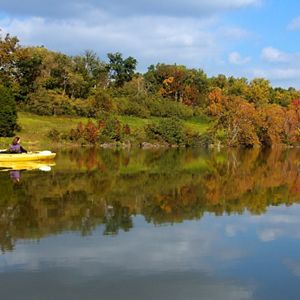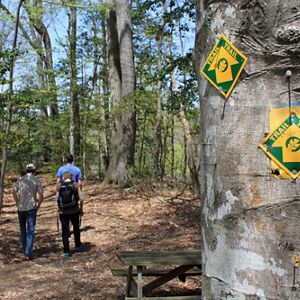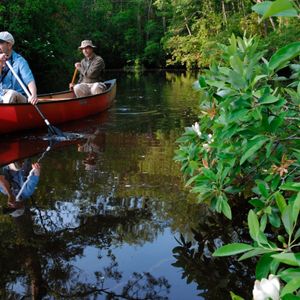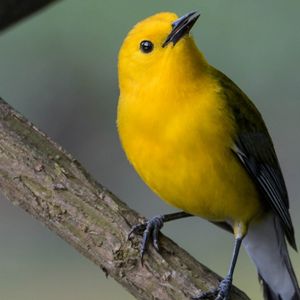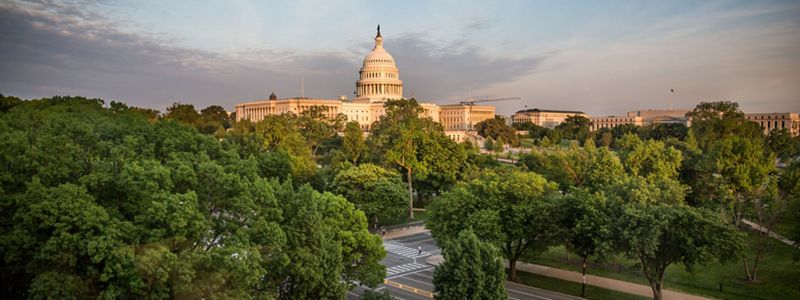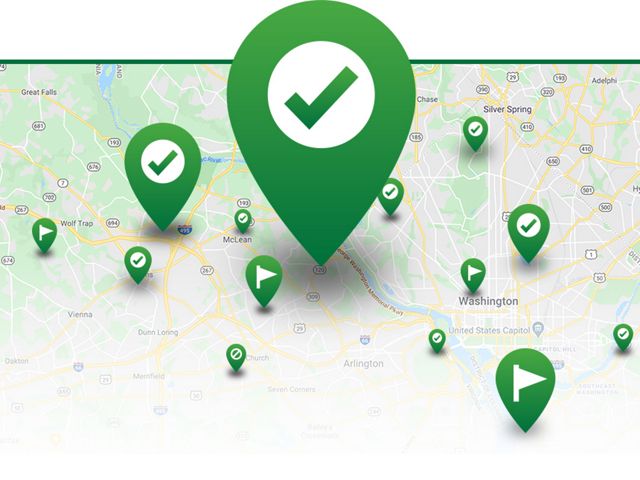Self Guided Audio Tour
Planning a visit to Battle Creek? Before your trip, download our self-guided audio tour to your handheld device. It's like having a naturalist in your pocket!
- Step 1: Download the Battle Creek audio tour map. The numbers marked on the map correspond to the audio files in the tour. This map will help identify which audio tracks to play based on your location on the trail, so make sure to take a copy with you on your trip.
- Step 2: Download and save the mp3 audio files to your handheld device. Play the corresponding track when you reach a waypoint along the trail. Listen to them all or pick & choose based on your interests!
Meet Your Guide
Andy Brown is the Senior Naturalist with Calvert County Natural Resources Division. He has enjoyed a career-long relationship with TNC through the management of Battle Creek Cypress Swamp Sanctuary for the last 28 years. Andy is an avid birder and is particularly interested in Barn Owls and Bluebirds and maintains nest box projects in Southern Maryland for these species.
Audio Files / Tour Stops (mp3 format)
1. Introduction
2. Begin the Trail
3. First Seated Area
4. First Bend of the Boardwalk
5. Other Tree Species
6. Cypress Knees
7. Understory Plants
7.1 Small Stream Near Boardwalk
7.2 Large Bald Cypress Tree
7.3 Soil and Special Color
7.4 Natural Cavity
8. Third Seated Area
9. Entering Transition Area
10. Root Ball Creates Habitat for Wildlife
11.1 Fossil Record and Theory
11.2 Seasonal Changes

